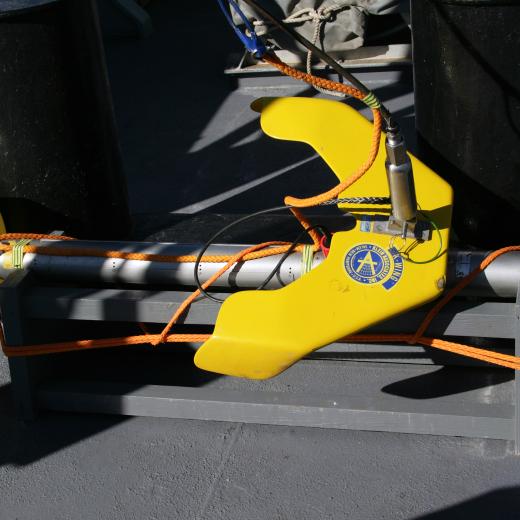BLUF
The batteries used in Electric Vehicles (EV) have limitations. As a result, scientists are exploring lithium iron phosphate batteries that are much cheaper to manufacture, safer, and can charge quickly.Summary
The UK plans to ban the sale of fossil-fuel-powered vehicles by 2030, and several car companies are planning to spend millions to meet the projected demand for Electric Vehicles (EV).
Lithium-ion batteries are the most prevalent rechargeable battery. Advantages over lead-acid batteries;
More efficient.
Three times the life.
Store more energy.
Lighter, meaning a vehicle needs less energy to move.
But as demand for batteries increases, the price of Lithium will increase. Lithium though not particularly rare, is relatively difficult to extract. From Australia's perspective worth noting the following recent article from the ABC:
Australia's lithium miners powering the global electric vehicle charge.
Scientists are studying how to get more use out of current batteries and to recycle Lithium on a massive scale. Sodium-ion batteries are potential alternatives to Lithium due to their lower cost. However, sodium is heavier and stores less energy. Further into the future are multivalent batteries. However, building electric cars at a competitive price to fossil-fuelled alternatives is a significant challenge.
References
Mar 2021 Green car Reports Making EV batteries the body:Researchers claim a tech breakthrough
Jun 2021 Forbes EV Battery Research Powers Ahead Toward Next Big Breakthrough
Jun 2021 electric & hybrid vehicle technology international New EV battery technology announced that ‘triples energy and halves cost’
RAAF RUNWAY: RATIONALE, GUIDELINES, LEARNING OUTCOMES, ETC |





